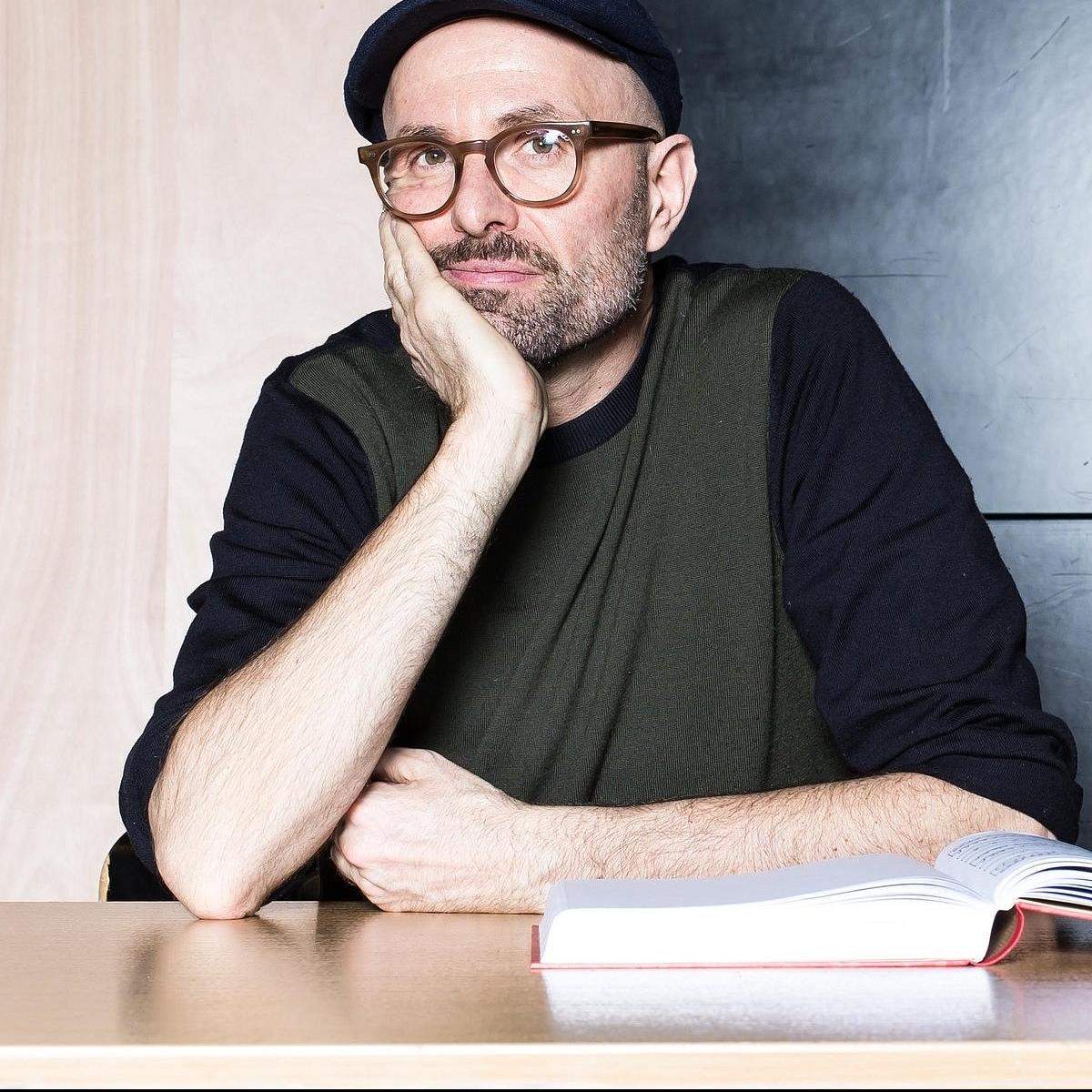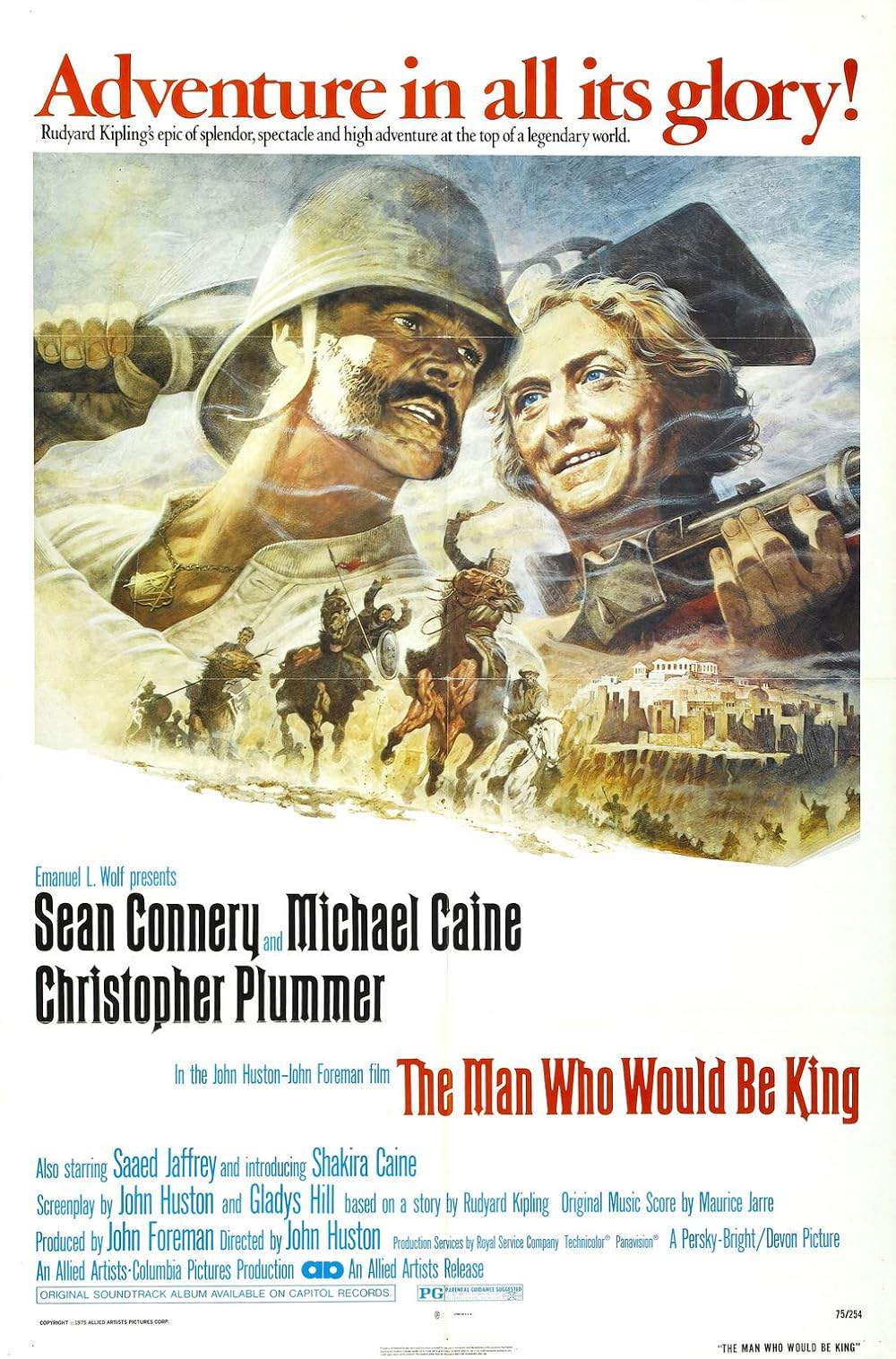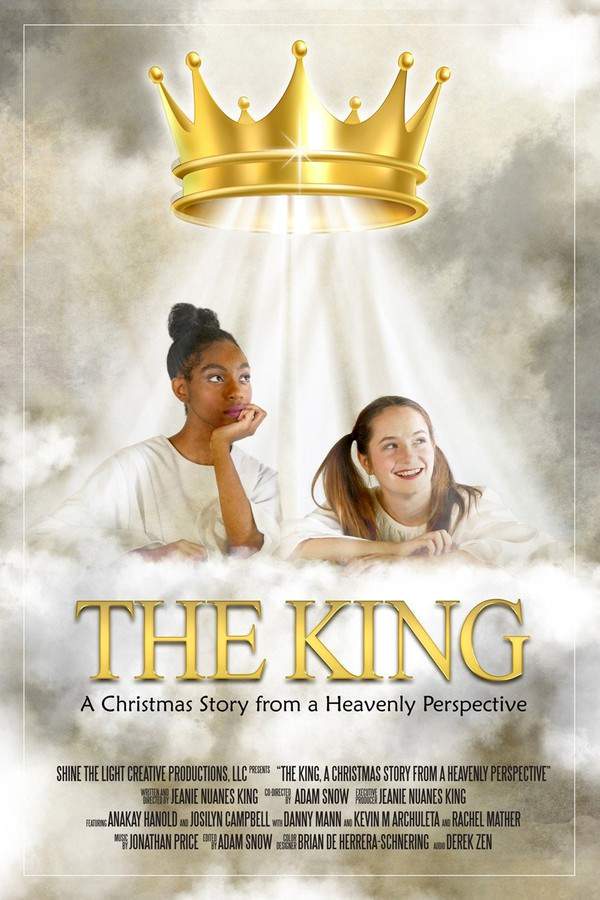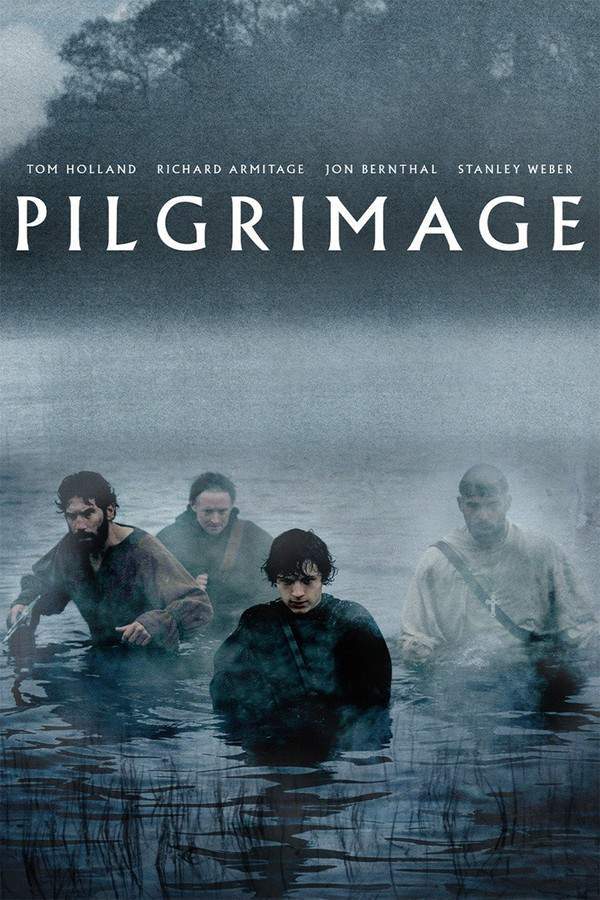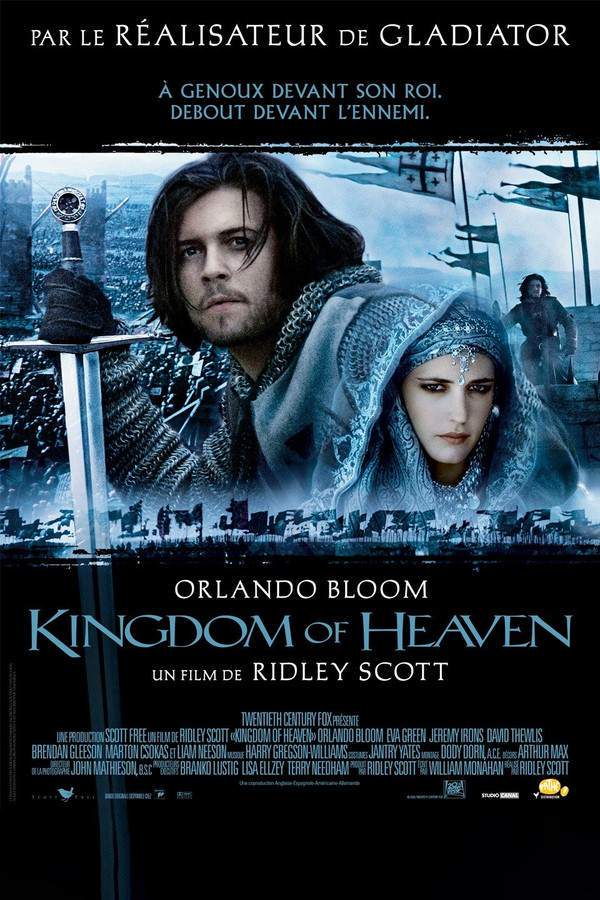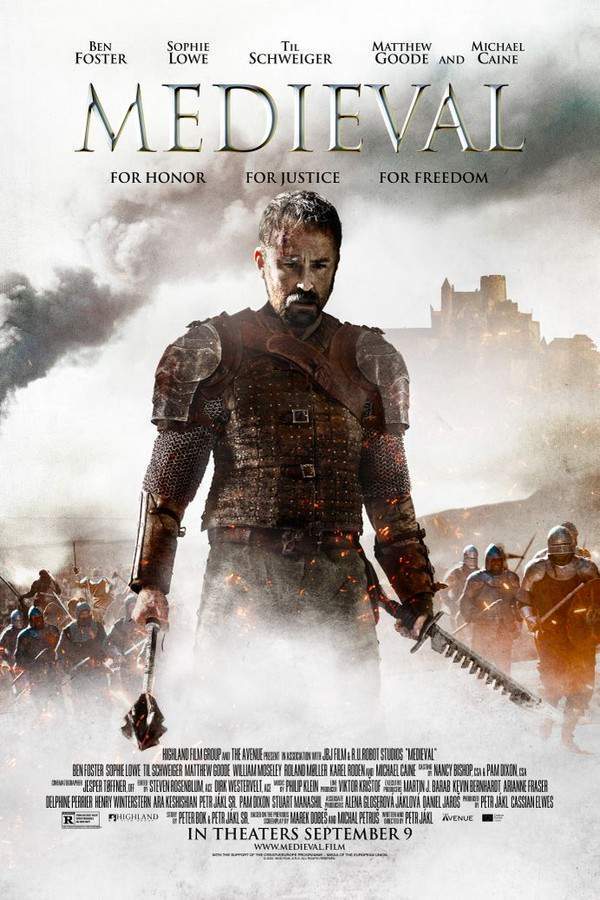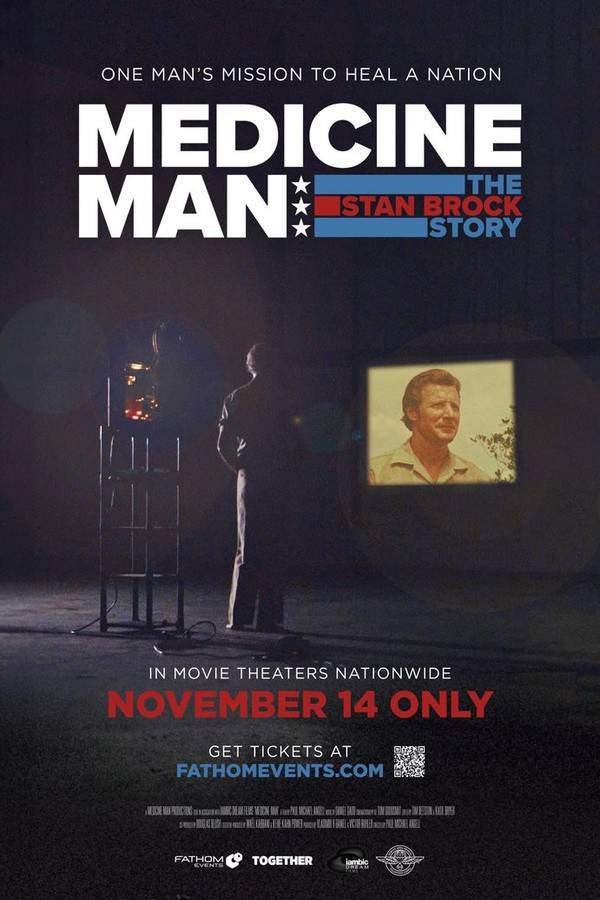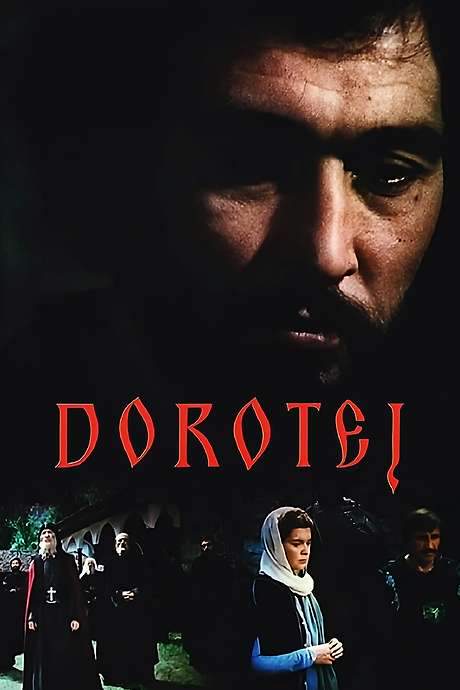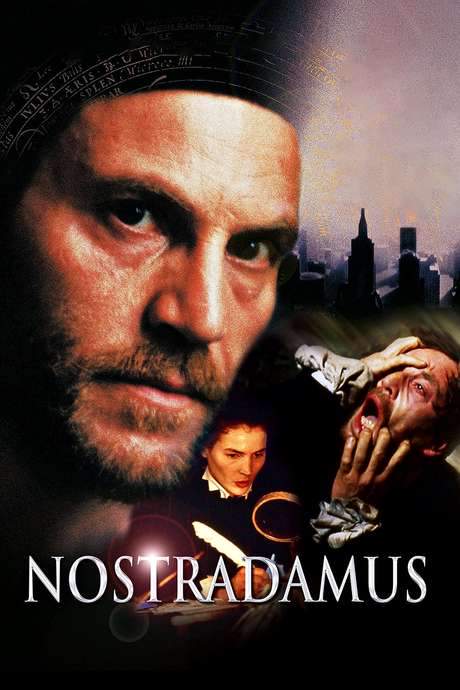The Physician 2014
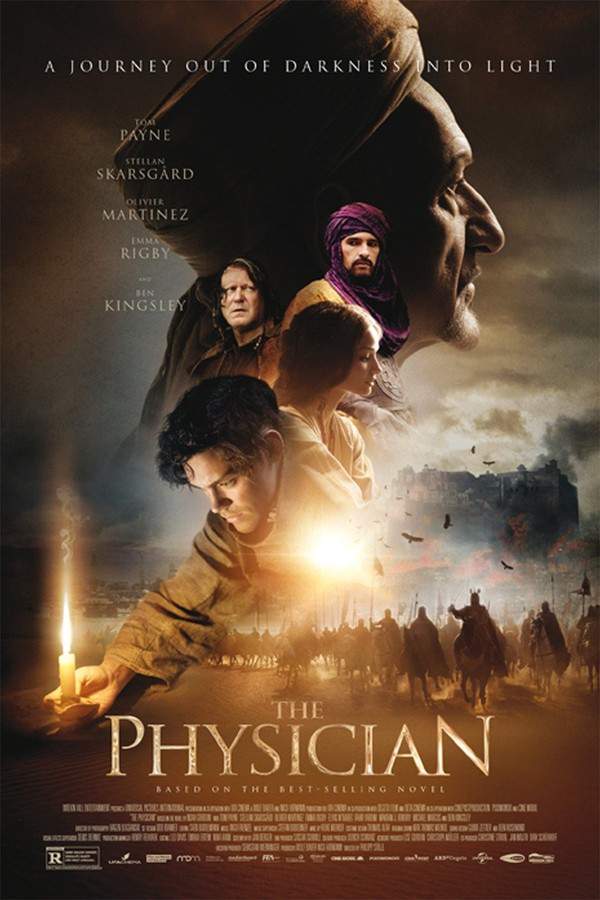
In 11th-century Persia, a young orphan leaves behind a difficult life to pursue knowledge and seek redemption. He apprentices himself to a celebrated physician, portrayed by Ben Kingsley, beginning a challenging journey of self-discovery. Through rigorous study and confronting adversity, he evolves from a novice to a skilled healer, facing personal trials and ultimately reshaping his own destiny along the way.
Does The Physician have end credit scenes?
No!
The Physician does not have end credit scenes. You can leave when the credits roll.
Meet the Full Cast and Actors of The Physician
Explore the complete cast of The Physician, including both lead and supporting actors. Learn who plays each character, discover their past roles and achievements, and find out what makes this ensemble cast stand out in the world of film and television.
No actors found
External Links and Streaming Options
Discover where to watch The Physician online, including streaming platforms, rental options, and official sources. Compare reviews, ratings, and in-depth movie information across sites like IMDb, TMDb, Wikipedia or Rotten Tomatoes.
Ratings and Reviews for The Physician
See how The Physician is rated across major platforms like IMDb, Metacritic, and TMDb. Compare audience scores and critic reviews to understand where The Physician stands among top-rated movies in its genre.

7.2 /10
IMDb Rating

73
%
User Score
Take the Ultimate The Physician Movie Quiz
Challenge your knowledge of The Physician with this fun and interactive movie quiz. Test yourself on key plot points, iconic characters, hidden details, and memorable moments to see how well you really know the film.
The Physician Quiz: Test your knowledge about the historical drama 'The Physician' and its captivating storyline set in the Dark Ages.
What extraordinary gift does Robert Cole possess?
He has the ability to heal instantly
He can sense terminal illness
He can see into the future
He can communicate with the dead
Show hint
Full Plot Summary and Ending Explained for The Physician
Read the complete plot summary of The Physician, including all major events, twists, and the full ending explained in detail. Explore key characters, themes, hidden meanings, and everything you need to understand the story from beginning to end.
In the turbulent context of the Dark Ages, a period when the Church fiercely combats what it terms as ‘black magic,’ the world of medicine finds itself shrouded in superstition and limited by ignorance. The extensive medical knowledge that once flourished under Greek scholars like Hippocrates and Galen has mostly vanished from medieval European thought. This knowledge only begins to re-emerge later through esteemed institutions like the School of Salerno, thanks to the momentous Arabic-Latin translation movement of the 12th century. Set in 11th-century England, the narrative unfolds the life of Robert Cole (Tom Payne), a young boy who possesses a unique gift: an uncanny ability to perceive when someone is facing death due to an untreated illness. This extraordinary talent reveals itself to him during a heartbreaking moment—his mother is suffering from appendicitis, a condition unknown to him until it is too late.
As a young orphan, Robert embarks on a journey under the mentorship of an itinerant barber-surgeon known simply as Barber (Stellan Skarsgård). Under Barber’s guidance, he learns the rudimentary techniques of medieval healing, which include practices such as cupping therapy, bloodletting, and tooth extraction. However, even in this learning process, Robert gradually comes to understand the constraints and vulnerabilities of these rudimentary traditions.
In a pivotal moment, Barber develops a cataract, prompting Robert to seek aid from a true Medicus, a Hebrew physician whose skills completely restore Barber’s sight. This encounter opens up a doorway to new cultural insights as Robert meets two local children, Jesse and Benjamin. His intrigue grows as he gazes upon a world map and learns of the renowned Ibn Sina (Ben Kingsley), a revered educator in the domain of medicine, teaching far away in Persia. Inspired, Robert resolves to journey to this land to pursue his ambition of becoming a qualified physician.
His quest leads him to the vibrant era of the Islamic Golden Age, where the medical expertise is significantly more advanced compared to its European counterpart. The House of Wisdom in Baghdad serves as the beacon of knowledge, two cultures meshing to create a remarkable foundation of medicinal practices. Robert discovers that practicing as a Christian is forbidden in Muslim lands; however, the Hebrews are tolerated. Consequently, upon his arrival in Egypt, Robert undergoes a profound transformation, performing a circumcision on himself and adopting the identity of Jesse Ibn Benjamin to mask his true origins.
During his travels, he encounters Rebecca (Emma Rigby), a woman who captivates him as she shares stories from a book about Aladdin and Sinbad the Sailor. Amidst a harrowing desert storm that nearly proves fatal, Robert perseveres, determined to seek admission to Ibn Sina’s prestigious hospital and school. However, his attempts are met with hostility; he faces rejection and abuse at the hands of guards, subsequently left for dead on the streets until the Guardian rescues him, bringing him into the realm of medical study.
Inside a Bimaristan, the hospital combined with a Madrasa college, Robert receives treatment from Ibn Sina and seizes the opportunity to become a student. Allan the physician’s world of knowledge expands as he delves into scientific medicine blended with various disciplines, from Aristotelian to Islamic philosophy. He learns essential skills such as conducting medical history and examinations—including pulse checks, leech therapy, and the use of opium for pain relief, which profoundly enrich his burgeoning medical acumen.
The unfolding drama takes a darker turn when a plague devastates the city, leading to countless lives lost. Yet, during this crisis, the dedication of the doctors shines through; they stubbornly refuse to abandon their patients, fighting against the odds. With the introduction of fundamental hygienic principles, they manage to combat the spread of this catastrophic disease. Robert theorizes that oriental rat fleas might be the vectors of the Black Death, proposing the use of rat poison to mitigate the epidemic’s effects. During this tumultuous time, his affection for Rebecca intensifies as her husband temporarily vacates the city, leading to an illicit romance that culminates in a pregnancy. This act of adultery raises the specter of severe consequences, including the grisly threat of stoning.
As Robert interacts with the Shah (Olivier Martinez), he gains valuable insights into the taxing burdens of leadership. The Shah, portrayed as a progressive ruler supportive of both the arts and medicine, finds himself at odds with zealous religious figures who oppose advancements that contradict their oppressive ideology. Tensions escalate when the Seljuks, a nomadic tribe, clash with the Shah’s kingdom, leading to catastrophic consequences.
The narrative reaches a climax when Robert, driven by a thirst for knowledge, conducts an autopsy on a Zoroastrian—educating himself on anatomy and exposing the inflamed vermiform appendix. This covert act, however, draws the ire of mullahs, leading to a death sentence for both Robert and Ibn Sina under accusations of necromancy. A dramatic escape by palace guards allows Robert to demonstrate his medical prowess, ultimately saving the Shah’s life through a dangerous appendectomy performed under anesthesia.
However, betrayal lurks in the shadows as the mullahs conspire with the Seljuks, unleashing chaos upon Isfahan—the very city where Robert seeks to establish his legacy. In a harrowing turn of events, crowds destroy the hospital, leading to a brutal attack on its staff. In the midst of this devastation, Ibn Sina entrusts Robert with his invaluable medical writings, honoring him with the title of Hakim before meeting his tragic end amidst the flames consuming the library.
As Robert navigates through this tumultuous landscape, he finds a means of escape, guided by a secret told to him by the Shah. He ultimately returns to London, where he establishes a hospital that honors his mentor’s teachings. The story concludes with the reunion of Robert and the old Barber, his very first teacher, who learns of Robert’s return and his newfound prominence in the realm of medicine.
Uncover the Details: Timeline, Characters, Themes, and Beyond!

Coming soon on iOS and Android
The Plot Explained Mobile App
From blockbusters to hidden gems — dive into movie stories anytime, anywhere. Save your favorites, discover plots faster, and never miss a twist again.
Sign up to be the first to know when we launch. Your email stays private — always.
Watch Trailers, Clips & Behind-the-Scenes for The Physician
Watch official trailers, exclusive clips, cast interviews, and behind-the-scenes footage from The Physician. Dive deeper into the making of the film, its standout moments, and key production insights.
The Physician Themes and Keywords
Discover the central themes, ideas, and keywords that define the movie’s story, tone, and message. Analyze the film’s deeper meanings, genre influences, and recurring concepts.
The Physician Other Names and Titles
Explore the various alternative titles, translations, and other names used for The Physician across different regions and languages. Understand how the film is marketed and recognized worldwide.
Similar Movies To The Physician You Should Know About
Browse a curated list of movies similar in genre, tone, characters, or story structure. Discover new titles like the one you're watching, perfect for fans of related plots, vibes, or cinematic styles.
Quick Links: Summary, Cast, Ratings, More

What's After the Movie?
Not sure whether to stay after the credits? Find out!
Explore Our Movie Platform
New Movie Releases (2025)
Famous Movie Actors
Top Film Production Studios
Movie Plot Summaries & Endings
Major Movie Awards & Winners
Best Concert Films & Music Documentaries
Movie Collections and Curated Lists
© 2025 What's After the Movie. All rights reserved.



